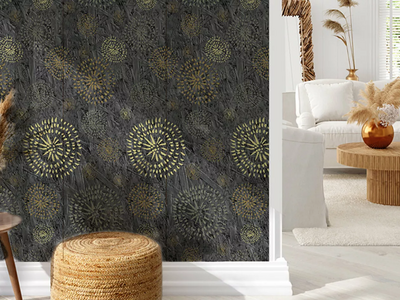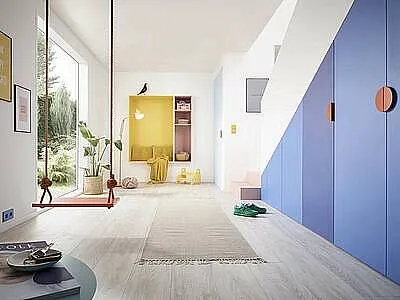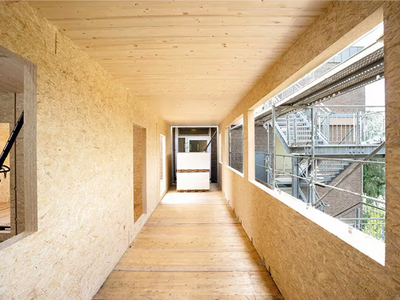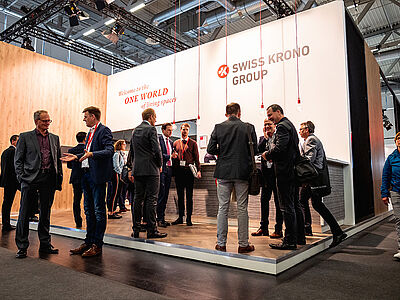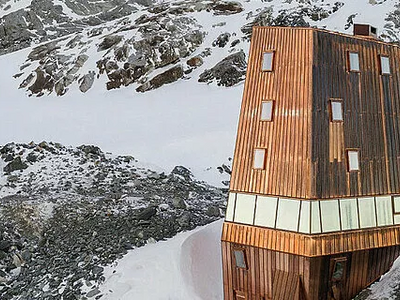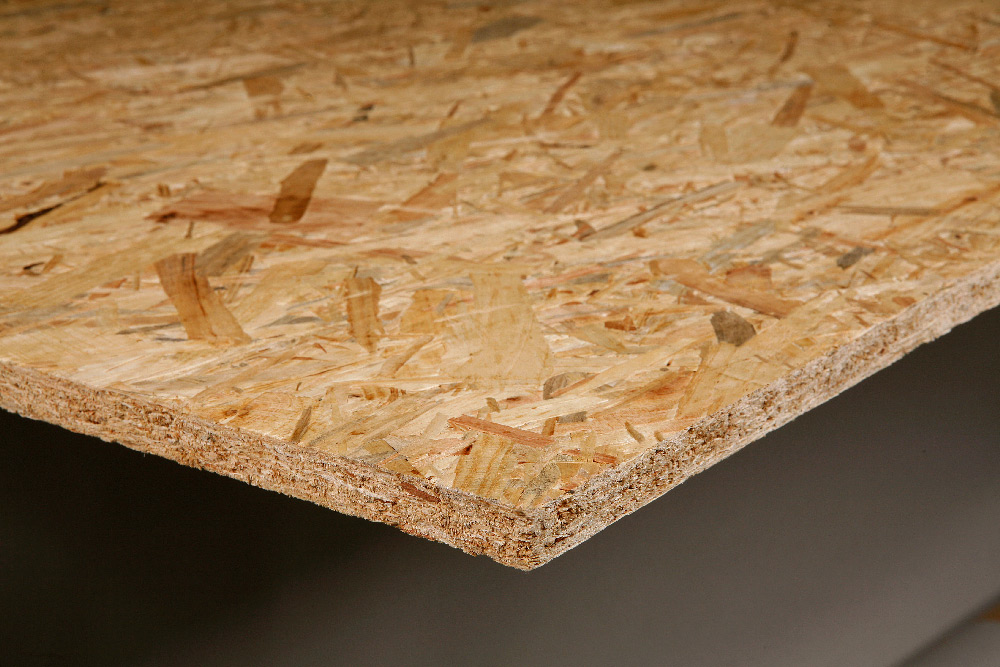RE2020 : the sustainable building revolution
News | SWISS KRONO France
What is the RE2020?
The building sector accounts for 19% of carbon emissions in France (and 44% of energy consumption). As part of a review of the regulatory framework for the building sectors, France is setting guidelines to enable the sector to become carbon neutral by 2050.
The RE2020 therefore intends to "continue to improve the energy performance and comfort of buildings, while reducing their carbon impact" according to the Ministry of Ecological Transition. It focuses on three main areas: the energy performance of new buildings, reducing the impact of new buildings on the climate by taking into account their entire life cycle, from the construction phase to the end of their life, and finally, adapting buildings to intense heat waves and ensuring the comfort of occupants in summer.
Wood: the reference material for the construction of tomorrow
In concrete terms, for new buildings, the RE2020 regulation must impose a reduction in carbon emissions from construction materials of the order of 30 to 40% by 2030, in order to achieve carbon neutrality by 2050. Wood, which ticks all the boxes, should thus become the reference construction system for individual houses by 2030. For medium and high-rise buildings, its share could represent 30% in the context of a mix of materials. Today, the use of wood represents only 7% of new constructions.
Further development of OSB: a sovereignty issue
To achieve this objective, the entire forestry and wood industry must get into gear to develop high-performance construction products from sustainably managed local forests.
The industrial sector estimates that the processing industries will have to invest 800 M€/year for five years to bring the sector up to the level of the RE2020 requirements. This is vital as markets will increasingly need engineered wood and prefabricated mixed products. Investments will also allow the digitisation of processes, massification of production and thus reduce the costs of timber construction. The factories will also have to produce more by increasing the number of teams.
Moreover, French wood currently represents only one third of the wood used in new construction, the remaining two thirds being imported.

